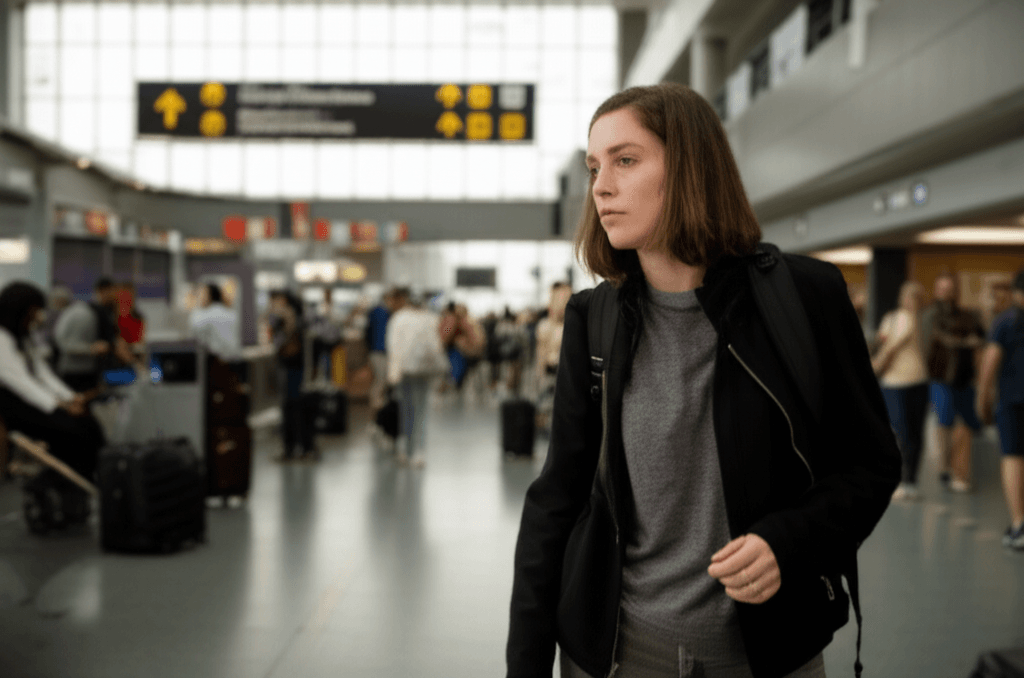Travel, whether a short weekend getaway or an extensive international adventure, has a remarkable capacity to influence mental health, largely for the better. It offers a crucial break from daily stressors, fosters personal growth, enhances social connections, and provides unique opportunities for self-reflection. However, it’s also important to acknowledge that travel can present challenges for mental well-being, particularly for individuals with pre-existing conditions.

The Mental Health Benefits of Escaping the Everyday
One of the most immediate and widely recognized benefits of travel is its ability to reduce stress and alleviate symptoms of anxiety and depression. Stepping away from familiar routines and responsibilities provides a much-needed mental distance from accumulating pressures, offering a sense of calm and allowing the mind to relax and heal. Studies indicate that vacations can reduce stress by removing individuals from activities and environments associated with stress and anxiety. Even the anticipation of a trip can boost happiness more than the anticipation of acquiring material possessions.
Regular breaks through travel can lead to lasting positive effects, with people who travel frequently experiencing these benefits for longer periods. After a trip, individuals often report feeling clearheaded, re-energized, and more productive.

Boosting Cognitive Function and Creativity Through New Experiences
Exposure to new places, cultures, and activities invigorates the mind and can significantly improve brain function. Immersing oneself in novel environments, with new sights, sounds, and smells, stimulates the senses and promotes cognitive flexibility. This can lead to increased creativity, deeper thinking, and an enhanced ability to integrate diverse thoughts. For instance, engaging with local traditions and even attempting to speak a new language can broaden cultural awareness, increase empathy, and improve communication skills.

Fostering Personal Growth and Resilience
Travel is a powerful catalyst for personal growth, pushing individuals out of their comfort zones and into situations that foster self-improvement. Navigating unfamiliar surroundings, overcoming unexpected obstacles, and adapting to different situations build problem-solving abilities, resilience, independence, and self-reliance. This process of confronting fears and pushing personal boundaries can significantly boost self-confidence and courage. Self-reflection, often facilitated by a break from routine, also allows travelers to reassess personal goals, values, and aspirations, leading to profound personal insights and a renewed sense of purpose.

Enhancing Social Connections and Reducing Isolation
Travel provides abundant opportunities for building and strengthening social connections. Interacting with locals and fellow travelers can enhance communication skills, boost confidence, and lead to lasting friendships. Sharing unique experiences in new environments fosters deeper bonds and a sense of community. This is particularly relevant given that loneliness is linked to mental disorders, and travel can help to counteract isolation by encouraging engagement with others from diverse backgrounds. Recent travel trends highlight a growing desire for meaningful human connection during vacations, with travelers seeking experiences that bring them closer to others and cater to their emotional needs.

Navigating the Potential Downsides of Travel
While generally beneficial, travel is not a guaranteed cure-all for mental health issues and can, in some instances, pose challenges. International travel, in particular, can be stressful, with stressors varying depending on the type of trip.
Potential downsides include:
- Exacerbating Pre-existing Conditions: For individuals with a history of mental illness, disorders like depression, anxiety, or bipolar disorder, while stable at home, may relapse under travel-related stress.
- Jet Lag and Sleep Disruption: Time zone changes, jet lag, and sleep deprivation can disrupt stable mental health, mimicking or worsening anxiety and mood disorders.
- Culture Shock and Isolation: Unfamiliar surroundings, language barriers, and a sense of isolation or homesickness can contribute to mental distress.
- Difficulty Accessing Support: Access to mental health services and necessary medications can be limited in some destinations, and certain medications may even be restricted or banned.
- “Post-Travel Blues”: The positive effects of a vacation, such as reduced stress and increased happiness, typically last less than a month, and well-being levels can decrease rapidly upon returning to daily routines.
It’s also important to note that while travel can offer a distraction from problems, it doesn’t solve them, and internal struggles can persist regardless of location. Additionally, the environmental impact of travel, particularly carbon footprint, is a growing concern for some, given the link between climate change and negative mental health outcomes.

Maximizing the Mental Health Benefits of Travel
To optimize the positive impact of travel on mental health, it is advisable to:
- Plan Thoughtfully: Be aware that travel can be stressful and plan accordingly, especially if there’s a history of mental health challenges.
- Prioritize Self-Care: Maintain healthy routines like adequate sleep, regular exercise, and a balanced diet while traveling.
- Seek Connections: Engage with locals, join group tours, or connect with online traveler communities to foster social interaction.
- Embrace New Experiences: Approach new situations with curiosity and an open mind to maximize personal growth and cultural immersion.
- Disconnect Digitally: Take the opportunity to step away from screens and immerse in the present moment.
By understanding both the profound benefits and potential challenges, individuals can strategically leverage travel as a powerful tool for enhancing their overall mental well-being and personal development.







